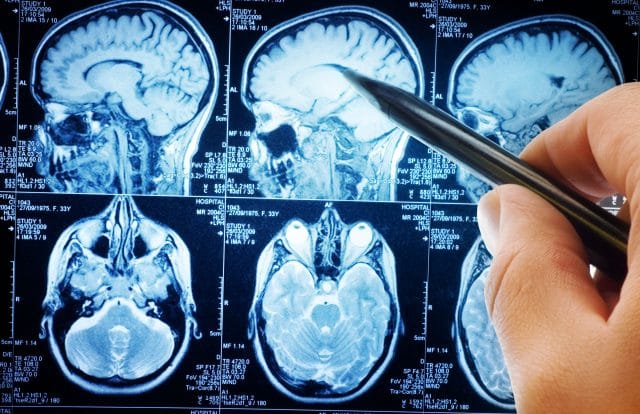
A new study led by a Belgian neurologist found that brain activity in transgender people resembles that found in cisgender people of their gender more than their sex assigned at birth.
Julie Bakker of the University of Liege led the research, which involved MRI scans of 160 transgender people diagnosed with gender dysphoria who were children and teenagers. The scans also measures brain microstructures using a technique called diffusion tensor imaging.
Their brain scans were compared to people of comparable age who were not diagnosed with gender dysphoria. The study found that transgender boys’ brain activity resembled cisgender boys’, and transgender girls’ brains resembled cisgender girls’.
The researchers said that their technique could be used to help transgender children at an earlier age.
“Although more research is needed, we now have evidence that sexual differentiation of the brain differs in young people with GD, as they show functional brain characteristics that are typical of their desired gender,” said Bakker.
“We will then be better equipped to support these young people, instead of just sending them to a psychiatrist and hoping that their distress will disappear spontaneously.”
The study’s results, which were presented at the European Society of Endocrinology’s meeting, fall in line with previous neurological studies that showed that transgender adults have similar brain structures to cisgender people of their gender.







